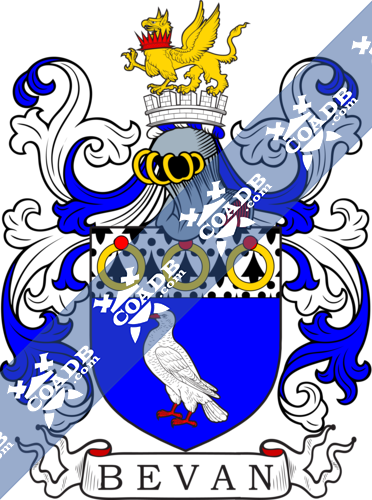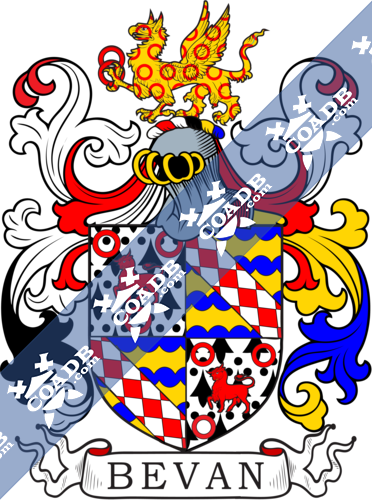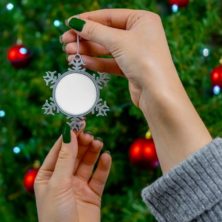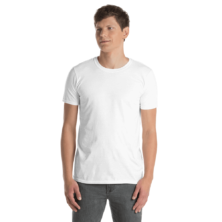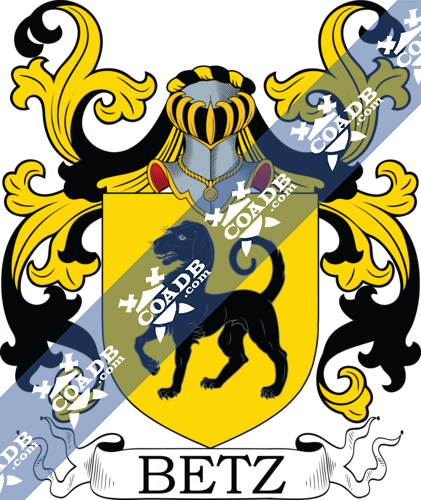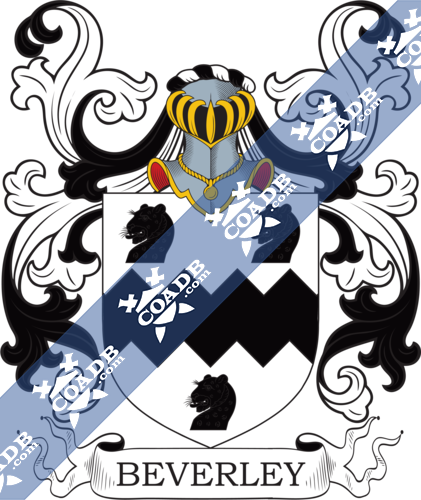Bevan Family Crest, Coat of Arms and Name History
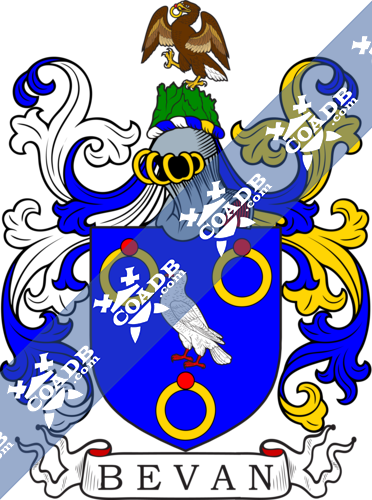
Bevan Coat of Arms Gallery
Don’t know which Coat of Arms is yours?
We can do a genealogical research. Find out the exact history of your family!
Learn MoreBevan Origin:
England, Wales
Origin of Bevan:
It is a unique surname with Welsh origin, and different spelling forms such as Bevan, Bevin, Bevon, Beavan, Beaven, and Beavon. The surname appeared at the end of 13th Century. Previous recordings consist of Howel ap Evan (around about 1300) in the “Notification of Parliament,” and John and Richard Bevand are recorded in the “Schedule of Freemen in Chester’ (1747)”. Parish documentation include Anne Beavan who married John Blighton in July 1586, at St. Christopher le Stocks, London, and Rachel Bevan who married Francis Casson in June 1589, at St. Martin in the Fields, Westminster. One Richard Bevin, at the age of 60 years, a drought migrant, traveled from Liverpool aboard the “Yorkshire,” destined for New York in July 1846.
Variations:
More common variations of this surname are: Beavan, Bevean, Bevain, Bevaun, Bevany, Bevian, Bevani, Bevane, Bevvan, Bevana.
England:
The surname Bevan firstly organized in Herefordshire, where they held a family seat from earlier times.
The very first recorded spelling of the family was shown to be that of Edenevet ap Lenan, which was dated 1287, assistance in the “Assize Court Rolls of Cheshire.” It was during the time of King Edward 1, who was known to be the “The Hammer of the Scots,” dated 1272 – 1307. The origin of surnames during this period became a necessity with the introduction of personal taxation. It came to be known as Poll Tax in England. Surnames all over the country began to develop, with unique and shocking spelling varieties of the original one.
United States of America:
Individuals with the surname Bevan settled in the United States in three different centuries respectively in 17th, 18th, and 19th. Some of the people with the name Bevan who settled in the United States in the 17th century included Arthur Bevan who settled in Connecticut in 1620. Bartholomew Bevan settled in Virginia in 1634. Grace Bevan settled in New England in 1654. Lewis-Bevan, who landed in America in 1654 and Thomas Bevan arrived in Maryland in 1663.
Some of the people with the name Bevan who settled in the United States in the 18th century included William Bevan, who came to America in 1764.
Some of the individuals with the name Bevan who settled in the United States in the 19th century included William Bevan, who landed in Connecticut in 1812. Edward Bevan, who landed in New York, NY in 1833. James Bevan, who arrived in Allegany (Allegheny) Division, Pennsylvania in 1852. Sarah Bevan, at the of 35 and Susannah Bevan both arrived in New York in the same year in 1864.
Australia:
Some of the people with the name Bevan who settled in Australia in the 19th century included Henry Bevan at the age of 22, who arrived in South Australia in 1849 aboard the ship “Trafalgar.” Henry Bevan arrived in Adelaide, Australia aboard the ship “Trafalgar” in 1849. Thomas Bevan at the age of 28, a Welsh prisoner from Glamorgan, who traveled aboard the “Aboukir” in December 1851, coming in Van Diemen’s Land, Australia. Phillip Bevan at the age of 27, who was a worker, arrived in South Australia in 1851 aboard the ship “Navarino.” Samuel Bevan at the age of 22, who was a laborer arrived in South Australia in 1852 aboard the ship “Adelaide.”
New Zealand:
Some of the people with the name Bevan who settled in New Zealand in the 19th century included Edward Bevan who landed in Ohau, New Zealand in 1840. Thomas Bevan landed in Wellington, New Zealand in 1840 aboard the ship” Lady Nugent.” George Bevan landed in Wellington, New Zealand in 1841 aboard the ship Lady Nugent. Thomas Bevan, who was a rope maker at the age of 29 and George Bevan, at the age of 17, both arrived in Port Nicholson aboard the ship “Lady Nugent” in the same year in 1841.
Here is the population distribution of the last name Bevan: United States 5,102; England 11,605; Wales 4,007; Australia 3,303; Scotland 479; Canada 1,407; South Africa 1,735; France 563; Germany 303; New Zealand 701.
Notable People:
Alan Bevan is a Canadian bagpipe player.
Alonza Bevan (1970–), is an English bass player.
Aneurin Bevan (1897–1960), was a British leader of the Labour Party.
Bev Bevan (1945–), is an English drummer.
Bill Bevan, American footballer, and referee.
Billy Bevan is an Australian film producer.
Brian Bevan (1924–1991), was an Australian player in rugby.
Christopher Bevan (born 1937), is a Rhodesian merchant.
David Gilroy Bevan (1928–1996), was an English congressman.
Edward John Bevan (1856–1921), was an English chemist.
Edwyn Bevan (1870–1943), was an English scholar.
Hal Bevan (1930–1968), was an American baseball player.
Hilary Bevan Jones (1952–), is a British television director.
Blazons & Genealogy Notes
Notes: (granted 1695 to William Bevan, Esq., of Pen-y-Coed, co. Carmarthen, high sheriff of that shire, and his brothers Theophilus Bevan and Thomas Bevan, D.D.). Blazon: Azure a dove agent beaked and legged gules between three annulets or, each enriched with a ruby proper. Crest—A mount vert thereon an eagle rising proper holding in the beak an annulet, as in the arms.
Notes: (Ashted, co. Surrey, granted 1774 to Thomas Bevan, Esq., of that place, son and heir of Richard Bevan, of Carmarthen, gent.). Blazon: Azure a dove proper on a chief ermine three annulets or, each enriched with a ruby. Crest—On a mural crown agent a griffin passant, or, gorged with an eastern coronet gules.
Notes: (Fosbury, Wilts, and Trent Park, Middlesex, as confirmed to Robert Cooper Lee Bevan, Esq., of Fosbury and Trent Park). Motto—Deus praesidium. Blazon: Ermine a bull passant between three annulets gules quartering, azure three bars engrailed or, a bend lozengy argent and gules, for LEE. Crest—A griffin passant or, semee of annulets gules holding in dexter claw two annulets interlaced also gules.

